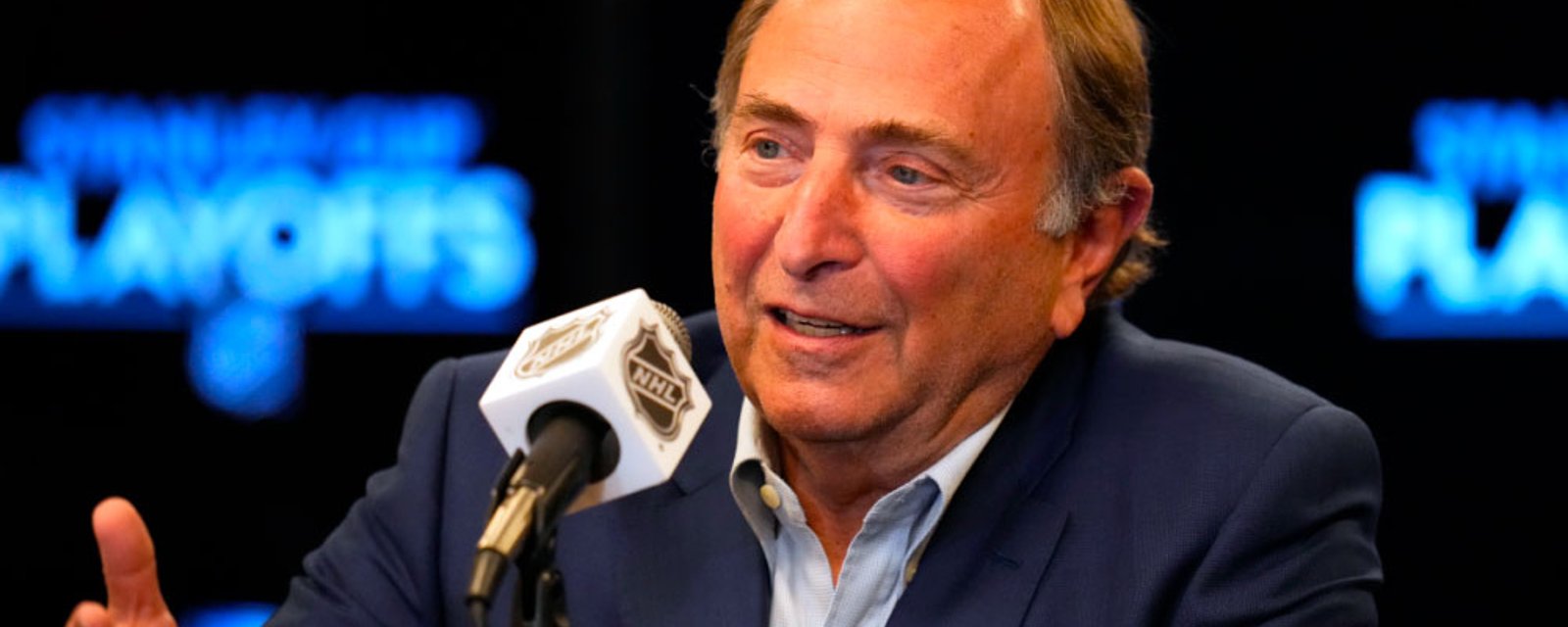
Report: NHL salary cap to rise by $4 million next season
Straight from Gary Bettman himself.
HockeyFeed
The NHL Board of Governors (BOG) are meeting at the league's head offices in New York City, NY this week and amongst the BOG's list of 'to-do's' is to come to a consensus on what the league's salary cap should be for the 2023-24 season. Currently the salary cap is set at $82.5 million after being flat for three seasons at $81.5 million thanks to the economic downturn as a result of the COVID-19 pandemic. For comparison's sake, the cap rose by $10 million in the three seasons preceding 2020.
With COVID-19 now mostly in the rear view mirror and with revenues back up for the NHL though, the league is hopeful that it can raise the salary cap by $4 million for the 2023-24 season. In fact, NHL commissioner Gary Bettman confirmed as much today stating that the cap will rise to $86.5 million should the players repay their escrow payments by the end of the season, as is expected.
From TSN NHL insider Pierre LeBrun:
That's a pretty stark contrast to the flat cap that the NHL has projected as late as this past offseason. Then again, I learned long ago to take everything that Bettman and the NHL say with a grain of salt. These men aren't exactly the most honorable, that's for sure.
In any case, an increase of $4 million would represent a substantial windfall for a lot of cap strapped teams like the Pittsburgh Penguins, Vegas Golden Knights, Toronto Maple Leafs, Tampa Bay Lightning and other Stanley Cup contenders. You can't help but feel like a team like the Colorado Avalanche would have been able to hold on to free agents like Darcy Kuemper and/or Nazem Kadri if they had an extra $4 million to throw around. In any case, it appears that it's back to business as usual for the NHL and if things keep on this current trajectory I wouldn't be surprised to see the league hit a $100 million salary cap within the next five years. Crazy to think when the cap was just $39 million way back in 2005-06 when it was first introduced.
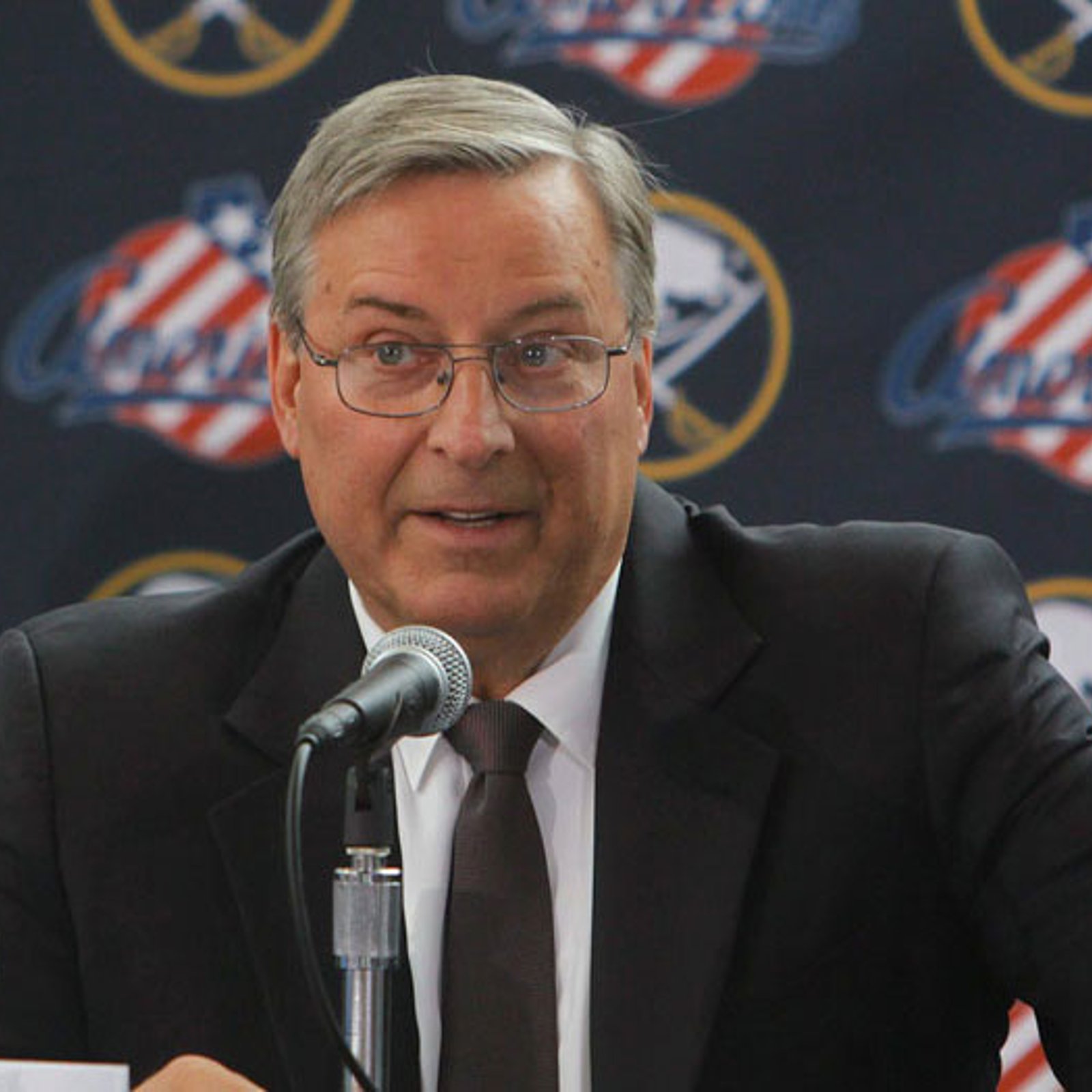
- HockeyFeed
Reports that Terry Pegula has sold the Buffalo Sabres
- NHL News
- 3 minutes read
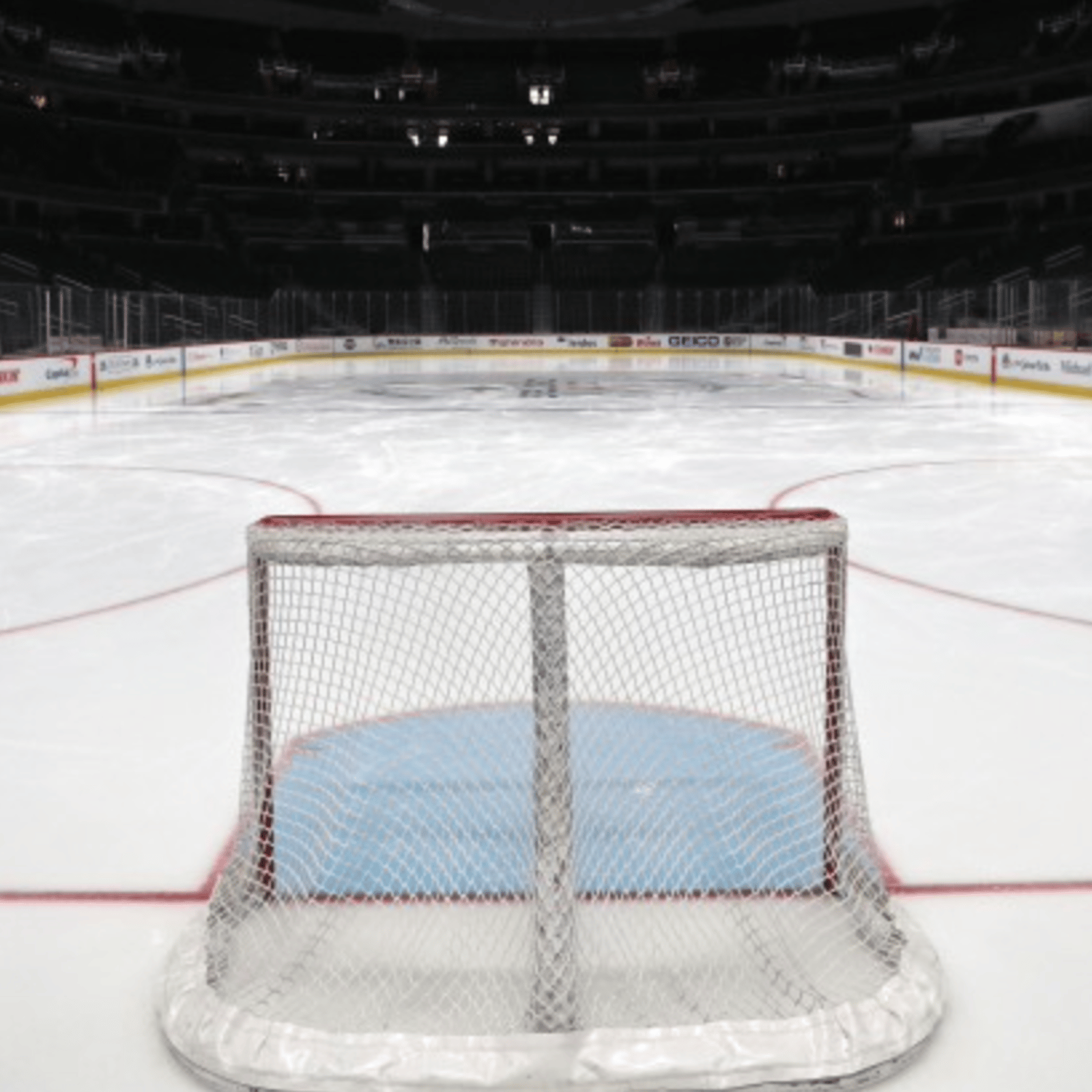
- HockeyFeed
Hockey world mourns tragic death of young team captain
- NHL News
- 3 minutes read
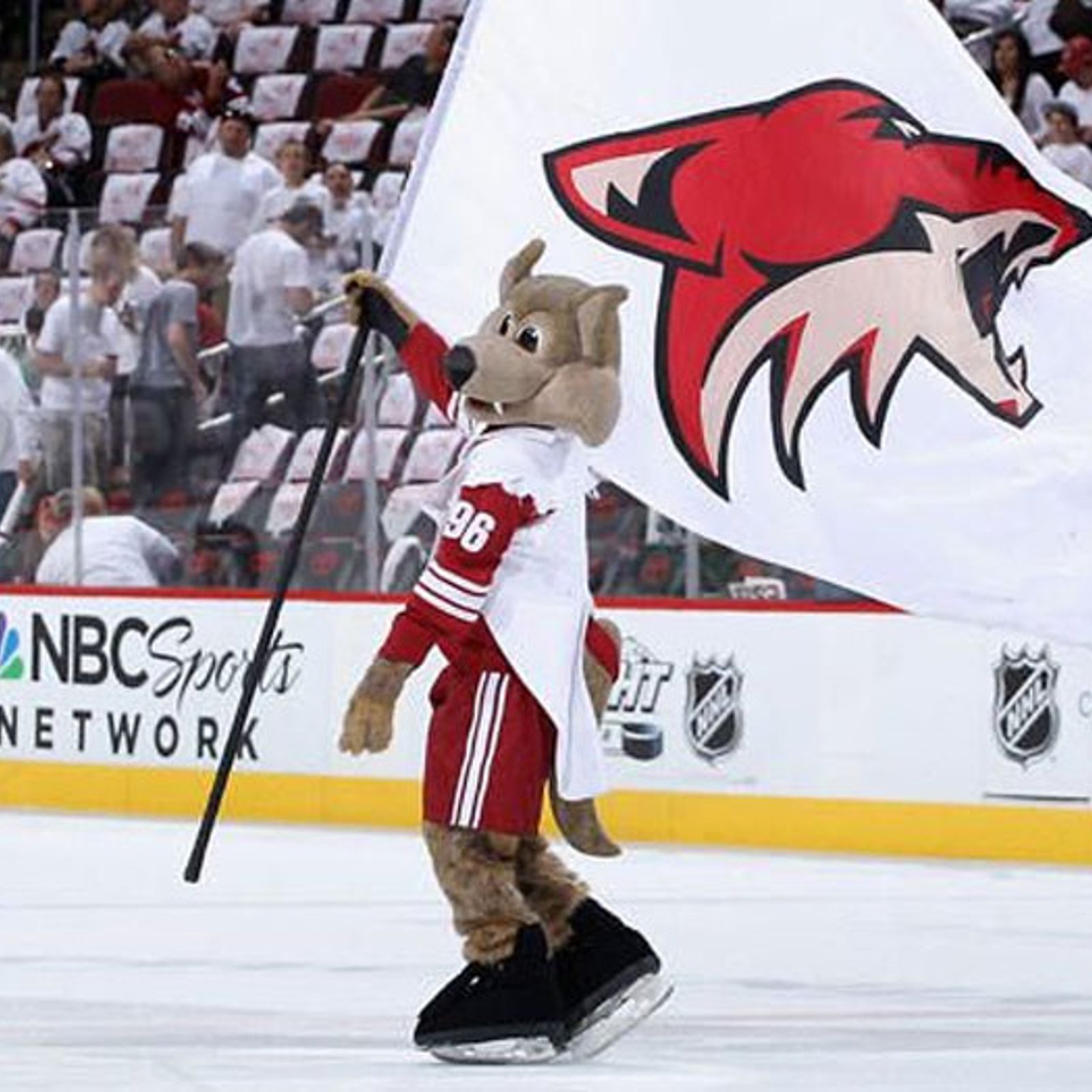
- HockeyFeed
Coyotes fans make a plea to Oilers fans for final game in Arizona
- NHL News
- 5 minutes read
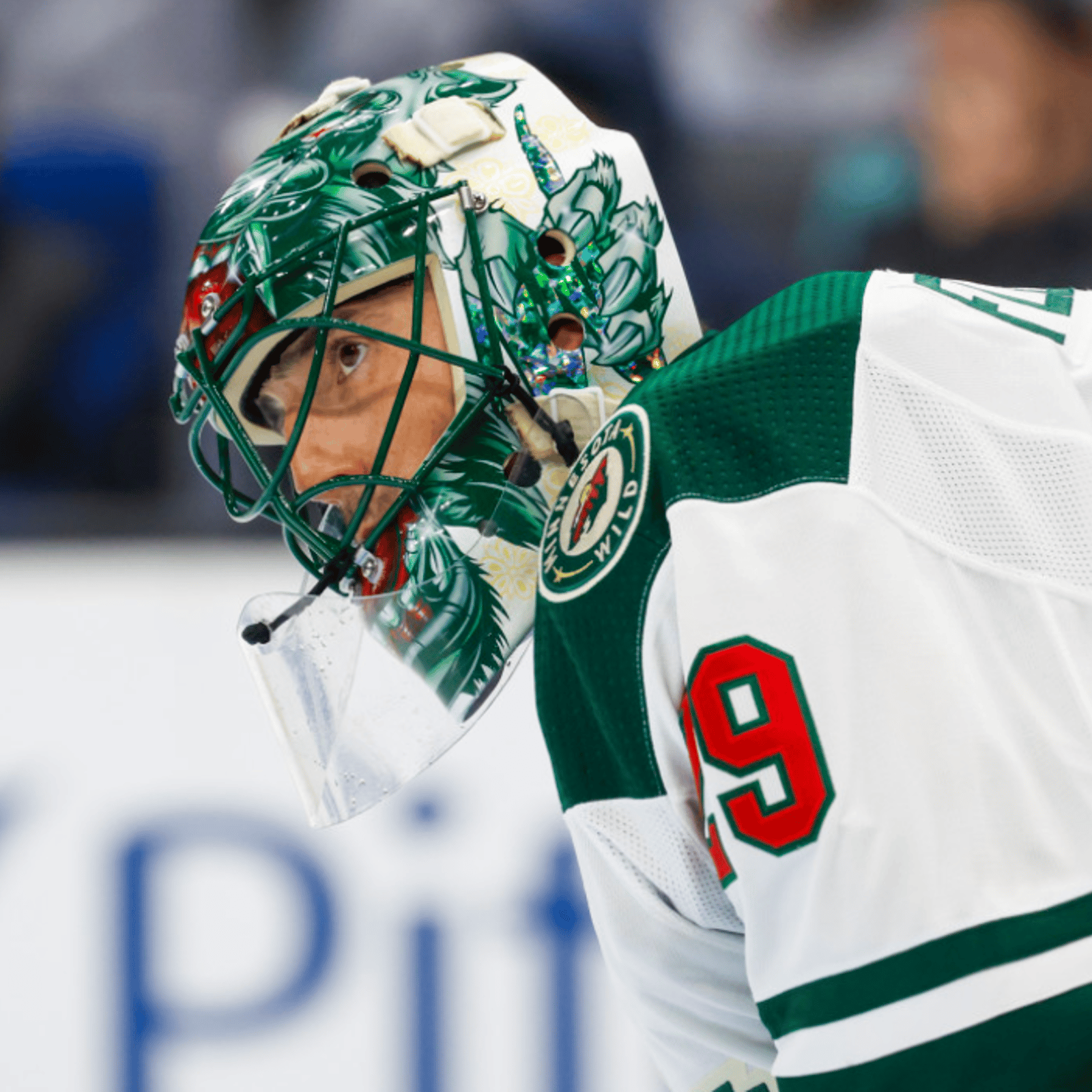
- HockeyFeed
Marc-Andre Fleury officially announces his future
- NHL News
- 3 minutes read

- HockeyFeed
Report: Coyotes players go off on Arizona, talk about how happy they are to be leaving
- NHL News
- 6 minutes read